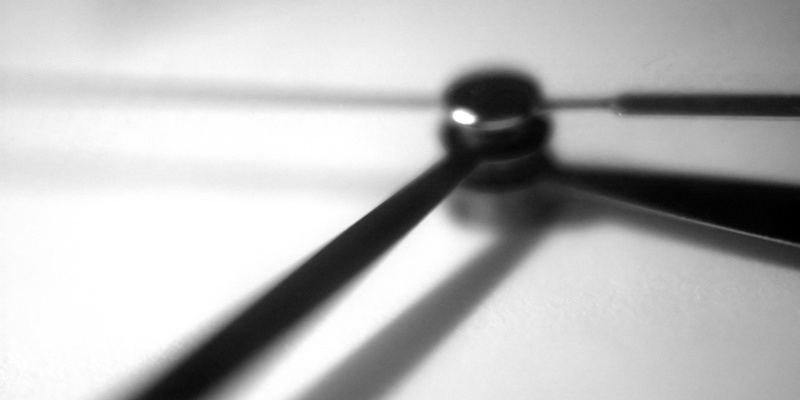Not putting clocks back an hour in the autumn would save lives and boost the Scottish economy, a major new study has claimed.
Clocks go back an hour on Sunday, but the report claims making British Summer Time permanent would transform life in Scotland.
By switching to Central European Time, UK clocks would move forward by an hour all year, resulting in an extra hour of daylight in the evening.
The report by Dr Mayer Hillman from the Policy Studies Institute (PSI) at the University of Westminster, which is published today, claims making the change will reduce the number of road accidents and boost tourism and the leisure industry.
“Advancing the clocks by an hour, in real terms, would bring a further 50 hours of ‘available’ sunshine for children and 75 hours for adults in Scotland each year,” said Dr Hillman.
He said research showed people are happier, more energetic and have lower sickness rates in the longer days of summer compared to the shorter days of winter.
“Adopting this proposal for a clock change is an effective, practical and remarkably easily managed way to better align our waking hours with the available daylight during the year,” he said.Lighter laterCampaign group Lighter Later argue changing the clocks to Greenwich Mean Time (GMT) +1 in winter and GMT +2 in summer would have a wide-reaching impact.
Up to 80,000 jobs could be created in the tourist industry, as longer evenings would extend the tourist season and allow attractions to stay open for longer, said campaigners.
In Britain, up to 100 road deaths could be prevented annually, while 447,000 tonnes of CO2 pollution could be cut because people would be switching their lights on later.
PSI director Malcolm Rigg added, “The case against making the clock change in Scotland was never very strong and has weakened over time as a consequence of social and economic change and, even more so, of our better understanding of the benefits of daylight.”
Conservative MP Rebecca Harris has put forward a private member’s bill calling for the issue to be re-examined. It will get its second reading in December.
However, not everyone is convinced by the need to change the clocks. Scott Walker, policy director of the National Farmers’ Union (NFU) Scotland, said, “Every time the nation comes to put the clocks forward or back it generates debate on whether the UK should continue with the current arrangements.”
He continued, “At NFU Scotland, where we represent some 9000 farmers and crofters, we do not believe that sufficient justification has yet been given to make a change to the current arrangements.Sceptical”We remain sceptical about some of the arguments that have been offered in support of the change and nervous of the potential impacts, but we feel the time is right to conduct a full, independent analysis of the impact.
“For our part, we would obviously be particularly interested on the consequences for agriculture and rural communities in Scotland where the impact of winter and summer on daylight hours is most extreme.”
Mr Walker added that the NFU supported the call for more research into the effects of moving the clocks forward by an hour.
“To move the discussion forward we do support the private member’s bill suggested for Westminster, which would propose in-depth analysis of the impact of any change a key concern for Scotland-before any permanent change to the clocks is proposed or adopted,” he said.
“The country experimented with a change in the clocks in 1968-71, but the information generated then, and its relevance in 2010, would be questionable.
“The effect on agriculture of changing the clocks by an hour has reduced over the years, but it is important to bear in mind that regardless of the actual time that is on the clock there are only a set number of daylight hours available to farmers in any one day, during which they still have to carry out the bulk of their daily work and enjoy some social time.
“The impact of any change to daylight saving time will not be uniform across the UK, so we need to analyse the particular Scottish impacts of such a change and the success of the planned private member’s bill may provide answers.”
